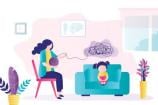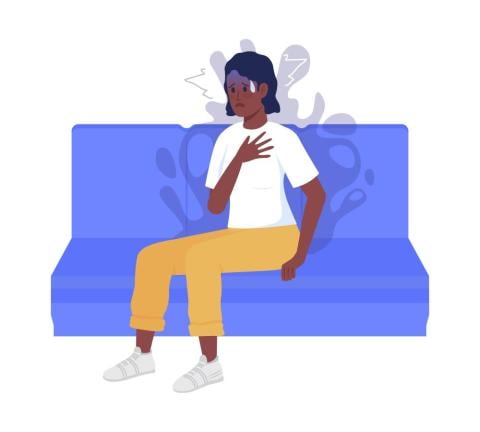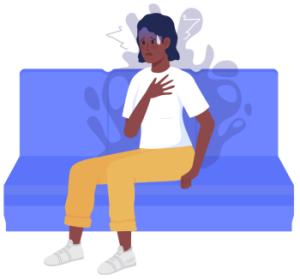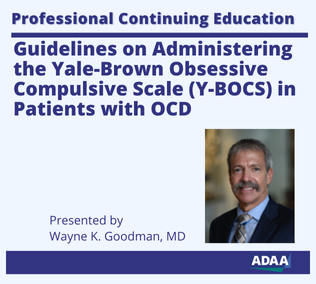The Role of Family Accommodations in Childhood OCD
The Role of Family Accommodations in Childhood OCD
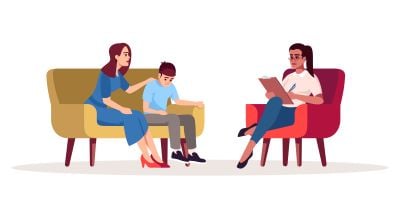
Obsessive-compulsive disorder (OCD) can often begin in childhood and can include unwanted, recurrent thoughts and repetitive behaviors. Children struggling with OCD often begin to demand parents act in certain ways, say certain phrases, or facilitate avoidance; this is known as “family accommodations.”
Parents of children with OCD are often not aware of how they can contribute to their child's behavior, or more specifically, how they unintentionally support the OCD through accommodating behaviors. This blog post will explore the role of family accommodations in childhood OCD and provide strategies to help parents better support their child.
So, What is a Family Accommodation?
Family accommodation refers to any action that a family member takes to relieve or prevent anxiety in a child with OCD. Accommodations by family members might include excessive reassurance, allowing the child to avoid feared situations, or engaging in rituals or routines. While these seemingly helpful actions can decrease the child's level of distress in the short term, family accommodation typically worsens OCD symptoms over time.
The Negative Effects of Family Accommodation
Research indicates that family accommodation may prolong the course of childhood OCD and increase the severity of symptoms. Accommodations can reinforce the beliefs and fears that underlie OCD and provide temporary relief to the child. In addition to affecting the child's OCD symptoms, family accommodations can also have a negative impact on parents, whose own anxiety is heightened by their child's behavior and distress. If family accommodation continues without intervention, it can lead to significant family distress and disruption.
Red Flags of Family Accommodation
It is important to recognize the signs of family accommodation in children with OCD. Children with OCD may become overly dependent on their parents and rope them into compulsions. This may come in the form of needing significant reassurance, engaging in constant confession, asking endless questions, or having parents and family members abide by specific rules and compulsive demands. Meanwhile, well-meaning parents often respond by accommodating their child's OCD behaviors such as giving into excessive rituals, saying/doing things in a certain way, and helping with compulsions.
Preventing Family Accommodations
It is crucial for parents and caregivers to understand the importance of working with a therapist and creating a plan to gradually stop family accommodations. While it may seem helpful in the short term, accommodating behaviors will increase OCD symptoms in the long term. An effective OCD therapist will not only treat the child’s OCD by using ERP, but also guide and support parents to decrease family accommodations, and help families gradually step back from their role in their child's rituals. By seeking out evidence-based treatments such as CBT with ERP, parents can become advocates for their child's recovery and provide them with the support they need to manage their OCD symptoms.
Using a team approach, families, with the help of a therapist, can work towards decreasing accommodation and help support their child in overcoming OCD challenges.
This post is presented in collaboration with ADAA's OCD and Related Disorders SIG. Learn more about the SIG.


